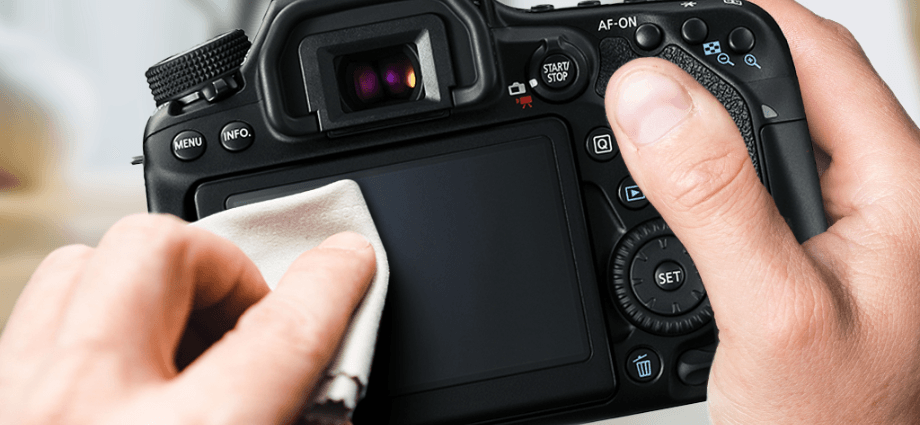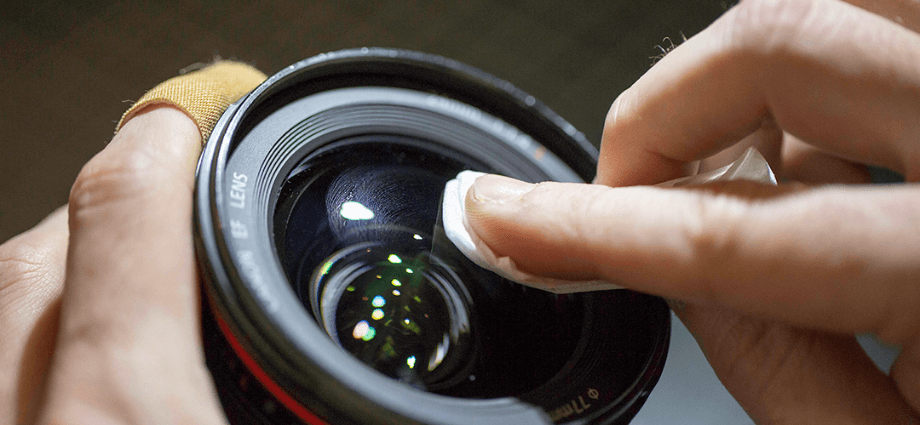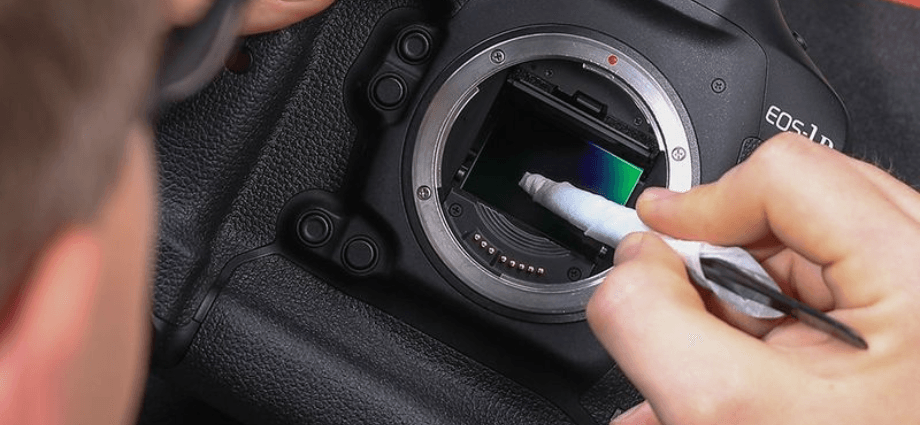When you invest in quality camera gear, taking proper care of it becomes essential to ensure its longevity and optimal performance. Proper maintenance, storage, and protection help prevent costly repairs and can keep your equipment functioning at its best. This guide covers some key practices to maintain your camera gear, including cameras, lenses, and accessories, helping you make the most out of your equipment.
Clean Your Camera Regularly
Regular cleaning is vital to maintain the performance of your camera. Dust, dirt, and fingerprints can interfere with your lens and sensor, potentially leading to poor image quality. Cleaning your gear not only ensures clearer shots but also helps prevent damage over time.
Cleaning the Camera Body
Keeping your camera body clean is essential for both aesthetic and functional purposes. You should regularly wipe down the body to remove dust and grime. Use a microfiber cloth to gently clean the surface and avoid any scratches. For tougher dirt or grease marks, use a cleaning solution designed for cameras. Some effective products for cleaning include:

- Zeiss Lens Cleaning Wipes: These wipes are great for cleaning your camera body and lenses, leaving no streaks behind.
- Sensor Swab Ultra: For cleaning the camera sensor, these swabs are designed to safely remove dust without causing damage.
Cleaning Camera Lenses
The lens is one of the most sensitive parts of your camera. It’s important to clean the lens frequently to avoid blurry or distorted images. Use a lens brush or blower to remove any loose dust particles. Then, use a microfiber cloth or lens cleaning wipes for smudges. For stubborn marks, you can apply a lens-specific cleaning solution, but make sure to use it sparingly. Recommended products include:
- Hoya Super HMC UV Filter: Protects the lens from dust and scratches while also improving image quality by reducing UV light.
- Giottos Rocket Air Blower: This tool is perfect for gently blowing dust off your lens without touching it directly.

Maintaining the Sensor
A dirty sensor can result in unwanted spots on your photos, which can be frustrating, especially in long-exposure shots. Cleaning your camera’s sensor requires more care than the body or lens. Use a blower to dislodge any loose dust, but for more thorough cleaning, you may want to send your camera to a professional. Many camera shops offer sensor cleaning services if you’re not comfortable doing it yourself. Products to help clean your sensor include:

- VisibleDust Arctic Butterfly Brush: A safe and effective brush designed to remove dust and debris from the sensor without damage.
Store Your Camera Equipment Correctly
Proper storage plays a major role in preserving your camera equipment. By storing your gear correctly, you avoid unnecessary wear and tear and protect it from environmental factors like moisture, heat, and dust.
Using Camera Bags
A good camera bag protects your gear from physical damage and keeps everything organized. Look for camera bags with padded compartments to prevent lenses and the camera body from getting scratched or bumped. Water-resistant bags are highly recommended, especially if you plan to shoot outdoors in unpredictable weather conditions. Some popular camera bag brands include:
- Peak Design Everyday Backpack: Durable, weather-resistant, and has customizable compartments for your gear.
- Lowepro ProTactic 450 AW II: Offers great protection with adjustable dividers and space for extra accessories.
Storing in a Dry Environment
Moisture is one of the biggest enemies of your camera equipment. Humidity can cause mold growth inside lenses and cameras, while rust can affect metal parts. To prevent this, store your equipment in a cool, dry environment. Use silica gel packets or a dehumidifying case to absorb any excess moisture. These can be particularly helpful when storing your gear in a damp area or when traveling in humid locations. Some options for moisture control include:
- Giottos Rocket Air Blower: It can be used not just for cleaning but for expelling moisture from inside the camera body.
- ProGold Dehumidifying Case: This case absorbs moisture to prevent mildew and rust from developing on your camera equipment.
Protect Your Gear During Use
Whether you’re shooting outdoors or in a studio, it’s important to handle your camera gear with care to prevent damage. Using the right accessories and protective measures can keep your gear safe during your shoots.
Use Lens Filters
Lens filters offer protection for your camera lenses, shielding them from scratches, dust, and moisture. UV filters, for example, protect your lens from harmful UV light, while circular polarizers can reduce glare. If you’re planning on shooting in harsh conditions, consider using a UV or protective filter at all times. Recommended filters include:
- B+W 010 UV Haze Filter: A high-quality UV filter that helps reduce haze and protects your lens from scratches.
- Hoya Circular Polarizer Filter: Ideal for reducing reflections and enhancing contrast in your outdoor photos.
Handling with Care
When out on shoots, be mindful of how you handle your gear. Avoid dropping your camera or lens, as even small falls can cause internal damage. When you’re not actively using your camera, keep it in your bag or on a stable surface. If you’re shooting in high-energy environments, like at a sports event or on a hike, consider using a GoPro HERO10 Black or DJI Action 2. These action cameras offer built-in stability and protection in rugged settings, ensuring your footage stays smooth and safe from bumps.
Using a Camera Strap
A camera strap provides security while you’re shooting, especially when you’re moving around quickly. Make sure your strap is comfortable and durable to support the weight of your gear. If you’re doing active photography, like at a concert or event, a BlackRapid Sport X strap offers quick access to your camera while keeping it safe.
Regular Maintenance and Servicing
While regular cleaning and protection are crucial, your camera equipment still requires occasional professional maintenance to ensure everything runs smoothly. Regular check-ups can help identify any problems before they become costly issues.
Calibration and Firmware Updates
Your camera’s autofocus system and exposure settings can get out of alignment over time. Many camera manufacturers offer calibration services to ensure everything is functioning correctly. Additionally, keeping your camera’s firmware updated ensures that you have the latest improvements and bug fixes. Regularly check the manufacturer’s website or use the camera’s app to stay updated.
Professional Servicing and Repairs
Even with the best care, cameras and lenses can sometimes malfunction. When you notice issues like focusing problems or image distortion, it’s best to take your equipment to a professional for servicing. Servicing includes thorough inspections and repairs by experts, which can help prolong the life of your gear.
Conclusion
Properly maintaining your camera gear is essential for both novice and professional photographers. With regular cleaning, safe storage, and the right protection, your camera equipment will last longer and continue to deliver high-quality results. By following these simple yet effective tips, you can ensure that your gear remains in top condition, allowing you to focus on capturing great images.




